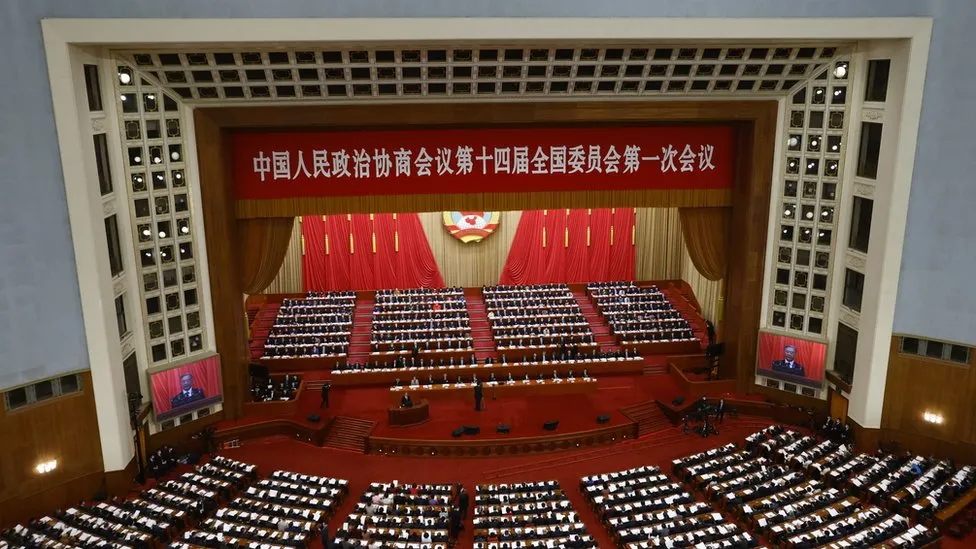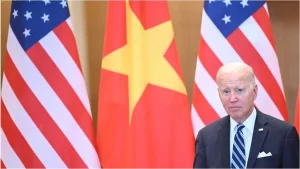Rubberstamp Parliament: China’s Economic Savior?
1 min readCan a rubberstamp parliament help China's economy?
In China, the National People's Congress (NPC) is often criticized for being a rubberstamp parliament - a body that...

Can a rubberstamp parliament help China’s economy?
In China, the National People’s Congress (NPC) is often criticized for being a rubberstamp parliament – a body that simply rubberstamps decisions made by the ruling Communist Party without meaningful debate or input. The question then arises: can an institution like the NPC actually help China’s economy?
On one hand, critics argue that a rubberstamp parliament hinders economic growth by stifling innovation and discouraging dissenting viewpoints. Without robust debate and diverse perspectives, they argue, policies may be less effective and prone to fail. Furthermore, a lack of transparency and accountability in decision-making can lead to corruption and inefficiency, harming the economy in the long run.
On the other hand, supporters of the rubberstamp parliament model argue that it provides stability and predictability, which are crucial for attracting foreign investment and ensuring sustained economic growth. By streamlining decision-making processes and avoiding political gridlock, the government can quickly implement policies that foster economic development and create jobs.
Ultimately, the debate over whether a rubberstamp parliament can help China’s economy is a complex and nuanced one. While the lack of democracy and political pluralism may have drawbacks, China’s economic success in recent decades cannot be denied. Whether this success can be attributed to or in spite of the NPC’s rubberstamp status remains a point of contention.






